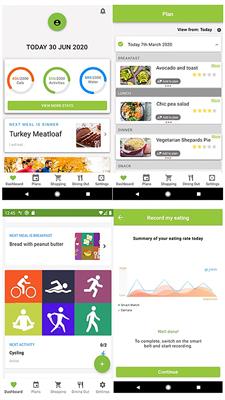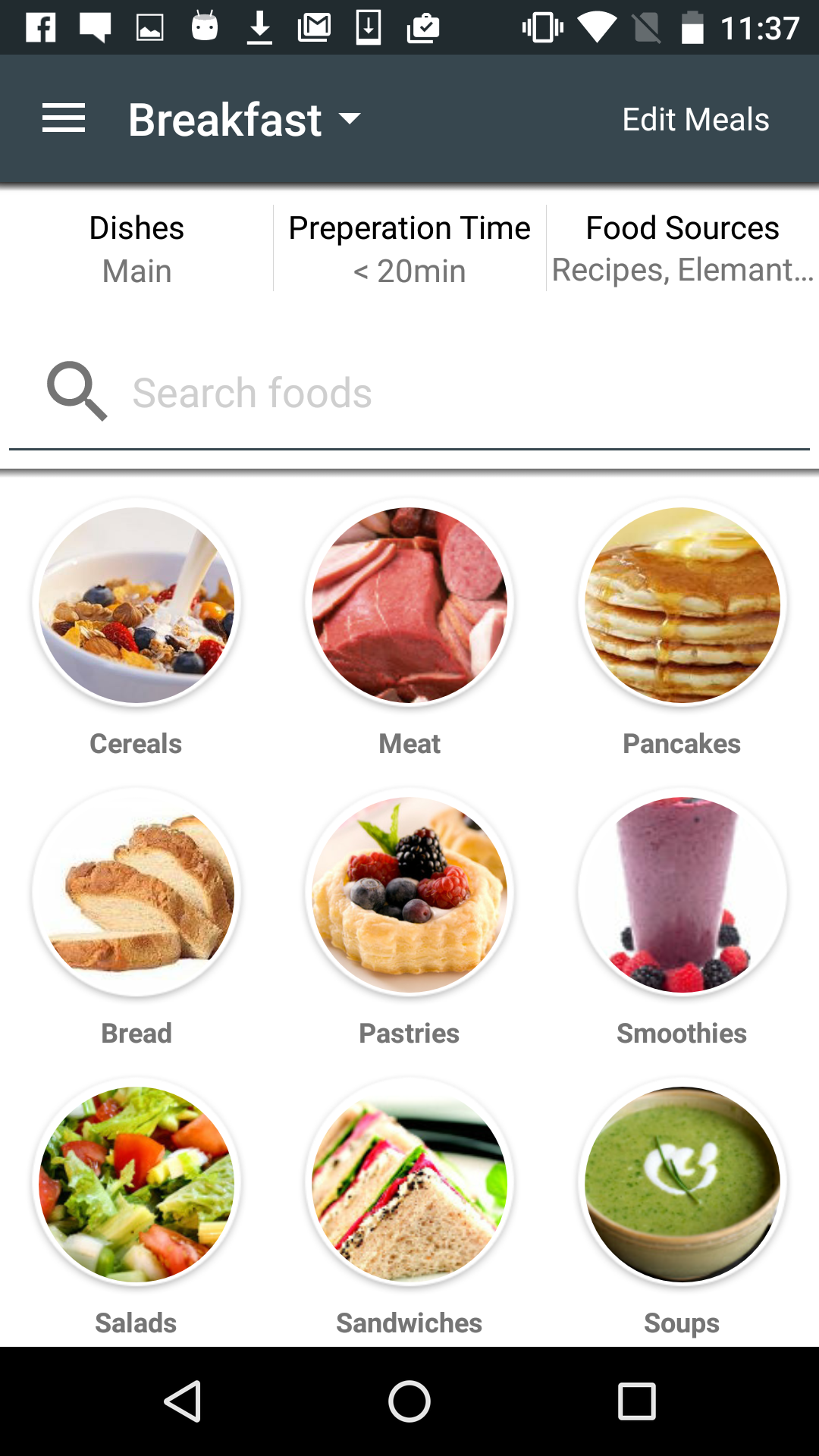Artificial Intelligence Applications in Personalized Nutrition
Artificial intelligence (AI) is rapidly changing the way we live and work. From self-driving cars to facial recognition software, AI is already having a major impact on our lives. And it's only going to become more prevalent in the years to come.
One area where AI is expected to have a significant impact is personalized nutrition. By using AI, we can collect and analyze vast amounts of data about our individual genetics, lifestyle, and dietary habits. This data can then be used to create personalized nutrition plans that are tailored to our specific needs.

Personalized nutrition is not a new concept. In fact, it's been around for centuries. But traditional approaches to personalized nutrition have been limited by the amount of data that can be collected and analyzed. With AI, we can now collect and analyze much more data, which gives us a much more comprehensive understanding of our individual nutritional needs.
There are a number of ways that AI can be used to improve personalized nutrition. For example, AI can be used to:
- Identify nutritional deficiencies. AI can be used to analyze our diet and identify any nutritional deficiencies that we may have. This information can then be used to create a personalized nutrition plan that helps us to meet our nutritional needs.
- Track our food intake. AI can be used to track our food intake and identify any unhealthy patterns. This information can then be used to create a personalized nutrition plan that helps us to make healthier choices.
- Personalize our diet. AI can be used to create personalized diet plans that are tailored to our individual needs. These plans can take into account our genetics, lifestyle, and dietary preferences.
- Provide nutritional advice. AI can be used to provide nutritional advice that is tailored to our individual needs. This advice can help us to make healthier choices and improve our overall health.

AI has the potential to revolutionize the way we approach nutrition. By providing us with personalized nutrition plans that are tailored to our individual needs, AI can help us to improve our health and well-being.
Benefits of Personalized Nutrition
There are a number of benefits to personalized nutrition, including:

- Improved health and well-being. A personalized nutrition plan can help us to meet our individual nutritional needs and improve our overall health and well-being. This can lead to a number of benefits, including:
- Reduced risk of chronic diseases such as heart disease, stroke, type 2 diabetes, and cancer
- Improved weight management
- Increased energy levels
- Improved sleep quality
- Enhanced mood
- Increased productivity. A healthy diet can help us to think more clearly and perform better at work and school.
- Reduced healthcare costs. A healthy diet can help us to avoid costly chronic diseases.
- Improved quality of life. A healthy diet can help us to live longer, healthier, and more fulfilling lives.
Challenges to Personalized Nutrition
There are a number of challenges to personalized nutrition, including:

- The cost of data collection and analysis. Collecting and analyzing the data needed to create a personalized nutrition plan can be expensive. This is a barrier that prevents many people from accessing personalized nutrition services.
- The lack of standardized data collection methods. There is no standardized way to collect data about our diet, lifestyle, and genetics. This makes it difficult to create personalized nutrition plans that are accurate and effective.
- The need for specialized expertise. Creating a personalized nutrition plan requires specialized expertise in nutrition, genetics, and data analysis. This expertise is not always available, which can make it difficult for people to access personalized nutrition services.
Future of Personalized Nutrition
The future of personalized nutrition is bright. As the cost of data collection and analysis decreases and the availability of standardized data collection methods increases, personalized nutrition will become more accessible to everyone. This will lead to a healthier population and a reduced burden on healthcare costs.

In addition, advances in AI will make it possible to create even more personalized nutrition plans that are tailored to our individual needs. This will allow us to achieve our full potential and live healthier, happier lives.
Conclusion
Personalized nutrition is the future of nutrition. By using AI, we can collect and analyze vast amounts of data about our individual genetics, lifestyle, and dietary habits. This data can then be used to create personalized nutrition plans that are tailored to our specific needs.
Personalized nutrition has the potential to revolutionize the way we approach nutrition. By providing us with personalized nutrition plans that are tailored to our individual needs, AI can help us to improve our health and well-being.
Post a Comment